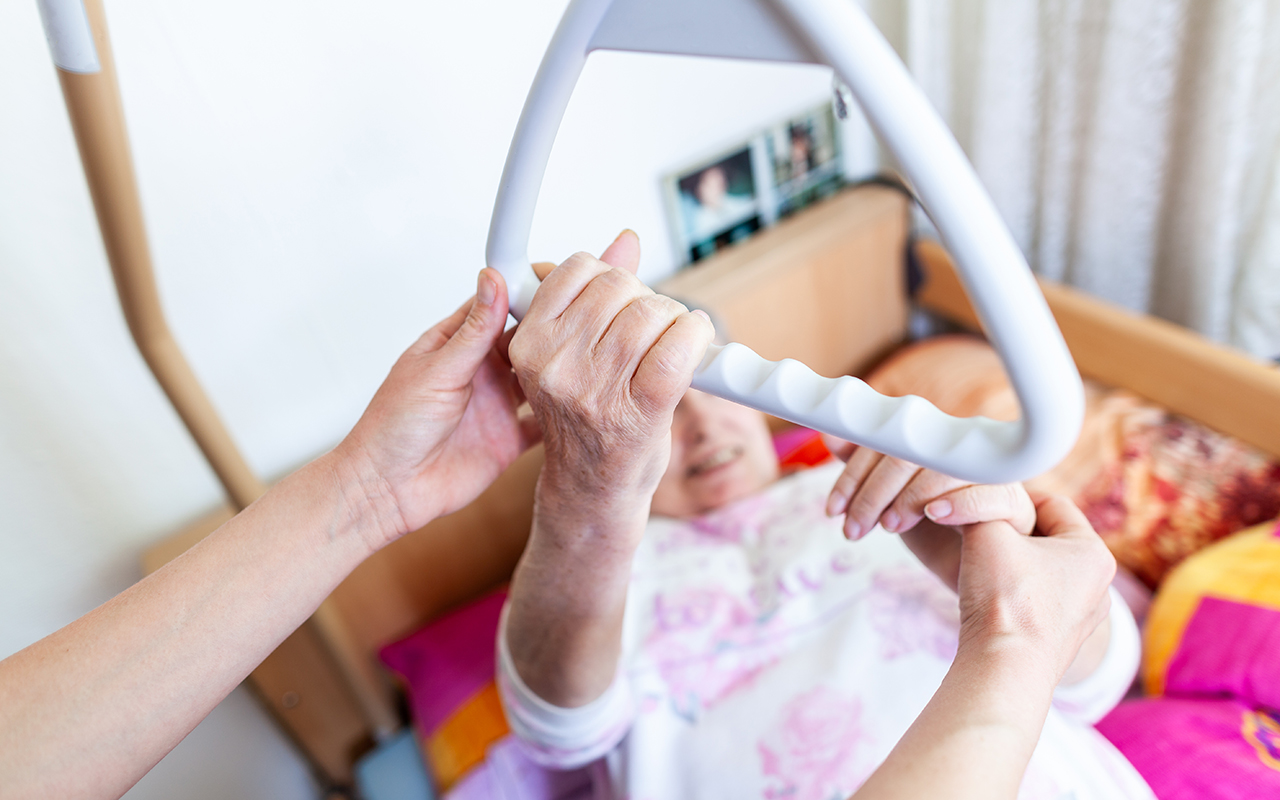Share

Signs of Caregiver Burnout: How to Recognize and Prevent It
Caring for a loved one can be rewarding, but it also comes with significant challenges. Over time, the emotional, physical, and mental strain can take a toll, leading to caregiver burnout. Recognizing the caregiver burnout signs early can help avoid long-term stress and exhaustion. In this article, we’ll discuss the symptoms of burnout, provide caregiver stress tips, and explore ways to avoid burnout caregivers may experience.
What Is Caregiver Burnout?
Caregiver burnout is a state of emotional, mental, and physical exhaustion caused by prolonged caregiving responsibilities. It often happens when caregivers neglect their own needs while prioritizing the well-being of others. If left unaddressed, burnout can lead to serious health issues and impact the quality of care provided.
Common Caregiver Burnout Signs
Identifying burnout early is crucial. Here are some of the most common symptoms:
1. Constant Fatigue
If you feel exhausted even after getting enough rest, it could be a sign of burnout. Physical and emotional fatigue is a major indicator that your body and mind need a break.
2. Increased Irritability or Mood Swings
Caregiving can be overwhelming, but frequent mood swings, frustration, or resentment may indicate burnout. If small inconveniences start feeling unbearable, it’s time to assess your stress levels.
3. Withdrawal from Social Activities
Caregivers often isolate themselves due to time constraints or emotional exhaustion. If you find yourself avoiding friends, family, or enjoyable activities, burnout may be affecting your well-being.
4. Difficulty Sleeping
Chronic stress can disrupt sleep patterns, leading to insomnia or excessive sleeping. Poor sleep further worsens fatigue and emotional distress.
5. Frequent Illness
Burnout weakens the immune system, making you more susceptible to colds, infections, and other illnesses. If you notice recurring health problems, your body may be signaling distress.
6. Loss of Interest in Hobbies
When caregiving takes over, personal interests and hobbies often fall by the wayside. Losing enjoyment in activities you once loved is a warning sign of caregiver stress.
7. Feeling Hopeless or Depressed
Persistent feelings of sadness, hopelessness, or helplessness can indicate burnout. If left untreated, these emotions may develop into clinical depression.
8. Increased Reliance on Unhealthy Coping Mechanisms
Using alcohol, junk food, or excessive caffeine to cope with stress can be a sign that you’re struggling to manage your caregiving responsibilities effectively.
How to Avoid Burnout Caregivers Face
Taking proactive steps can help caregivers maintain their well-being while continuing to provide quality care. Here are some essential strategies:
1. Prioritize Self-Care
Self-care is not selfish—it’s necessary. Make time for activities that help you relax, such as reading, exercising, or meditation.
2. Seek Support
You don’t have to do everything alone. Reach out to family, friends, or professional support groups to share your concerns and seek advice.
3. Set Realistic Goals
Understand your limits and avoid taking on more than you can handle. Setting achievable goals helps reduce stress and maintain balance.
4. Take Breaks
Regular breaks are essential for recharging. Consider respite care services, which provide temporary relief for caregivers.
5. Maintain a Healthy Diet
Proper nutrition plays a crucial role in stress management. Eating balanced meals with plenty of fruits, vegetables, and proteins can improve energy levels and mood.
6. Get Enough Sleep
Lack of sleep contributes to stress and burnout. Establish a consistent sleep routine and avoid screen time before bed.
7. Use Time Management Techniques
Create schedules and to-do lists to manage caregiving tasks efficiently. Delegating responsibilities can also lighten the load.
8. Consider Professional Help
If burnout symptoms persist, speaking with a therapist or counselor can provide guidance on managing stress and emotional challenges.
Finding Support and Resources
If you recognize caregiver burnout signs, take action to protect your well-being. Various resources can provide support, including professional home care services that offer respite care. To learn more about how Caring Home Care can assist with caregiving responsibilities, visit our respite care services page.
For additional guidance, explore our related blog posts:
By recognizing burnout early and implementing caregiver stress tips, you can maintain a healthy balance and continue providing compassionate care without compromising your well-being. Remember, seeking help is a sign of strength—not weakness.
How Caregivers Can Reduce Injury While Assisting Seniors Providing daily care for seniors is meaningful work. It can also be physically demanding. Many caregiver injuries happen during lifting, transferring, or repositioning seniors. These injuries are often preventable when proper techniques are used. Learning caregiver injury prevention strategies protects both the caregiver and the senior. It
Build a Caregiver Support Network: Finding the Help and Encouragement You NeedCaring for a loved one is one of the most meaningful and selfless things you can do. But being a family caregiver can also be emotionally, physically, and mentally draining. Whether you’re new to caregiving or have been doing it for years, building a
The Role of Respite Care: Supporting Caregivers and Seniors Caring for an aging loved one is an act of love, patience, and dedication. However, even the most committed caregivers need time to rest, recharge, and take care of their own needs. This is where respite care for caregivers plays a vital role. By offering temporary
Emotional Challenges of Caregiving Understanding and Coping with the Emotional Toll of Being a Caregiver Caregiving is one of the most rewarding roles a person can take on. It allows individuals to provide meaningful support to a loved one in need. However, it also comes with significant emotional challenges. Whether you’re caring for an elderly
Need A Caregiver? Fill Out Form Below
With our competitive rates, we make receiving in-home care affordable regardless of whether you’re using your insurance or paying out of pocket.






